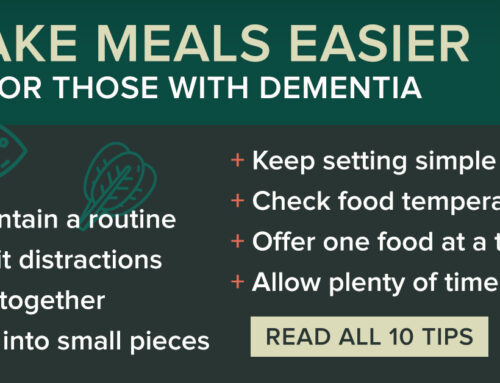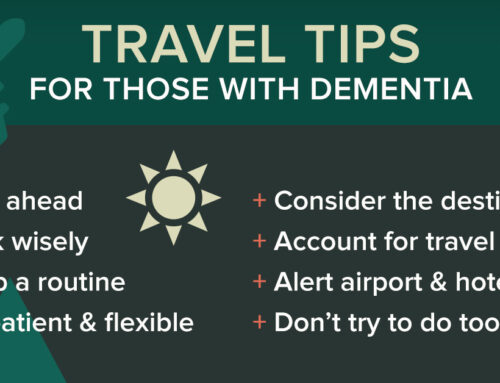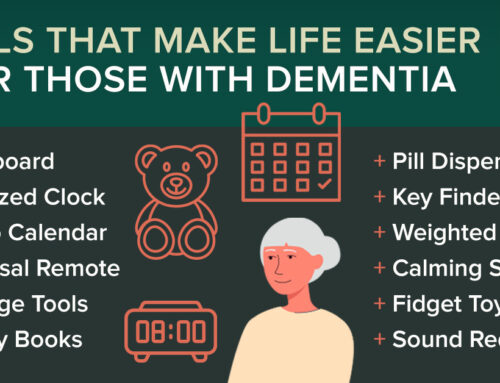Social Isolation and Dementia
Social Isolation and Dementia
Your mom lives alone and no longer drives.
She rarely leaves the house and has lost connections with friends and activities that she used to love.
You worry about her spending too much time alone – and with good reason.
Risks of Dementia
According to the National Institute on Aging, isolation and loneliness are associated with higher risks for a number of health issues, including high blood pressure, heart disease and obesity. And now results from a new National Health and Aging Trends study suggest it also increases the likelihood of developing dementia.
The study is the first to examine long-term risk for dementia associated with social isolation. Among the 5,022 study participants, almost one-fourth (23.3%) indicated they were socially isolated. That isolation was found to be associated with a 28% higher risk of developing dementia over nine years.
“The thought of our aging parents living alone is difficult enough, but the concern gets even worse when we see this kind of research,” said Sierra Goetz, co-founder and operations manager at the HomeCare Advocacy Network (HCAN). “It’s something we see a lot – especially with seniors who’ve lost family members and friends and those who have chronic conditions and hearing loss.”
Ways to Avoid Isolation
To help your loved ones keep feelings of loneliness and isolation at bay, experts suggest:
- Finding an activity they enjoy or helping them restart an old hobby.
- Encouraging them to schedule time every day to touch base with family, friends and neighbors – in person or by email, social media, phone calls and text.
- Helping them learn new technologies, such as video chats and online games, to help keep them connected and engaged.
- Adopting a pet, if they’re able to care for one. They’re a great source of comfort and may also lower stress and blood pressure.
- Encouraging them to stay physically active.
- Checking out resources and programs that are offered through local social service agencies, churches and senior centers.
Companion Services
“At HCAN, we understand that distance, work and family obligations might limit the amount of time friends and family members can spend with their aging loved ones – that’s why we provide companionship services,” Goetz said. “Whether it’s watching old movies, looking at photo albums, playing board games or going for walks, our professional caregivers love spending quality time with our clients. It’s great for the seniors’ overall well-being, and it gives their families much needed peace of mind.”
For more information about our companionship service, visit hcanthrive.com or call your local HCAN-supported office.






